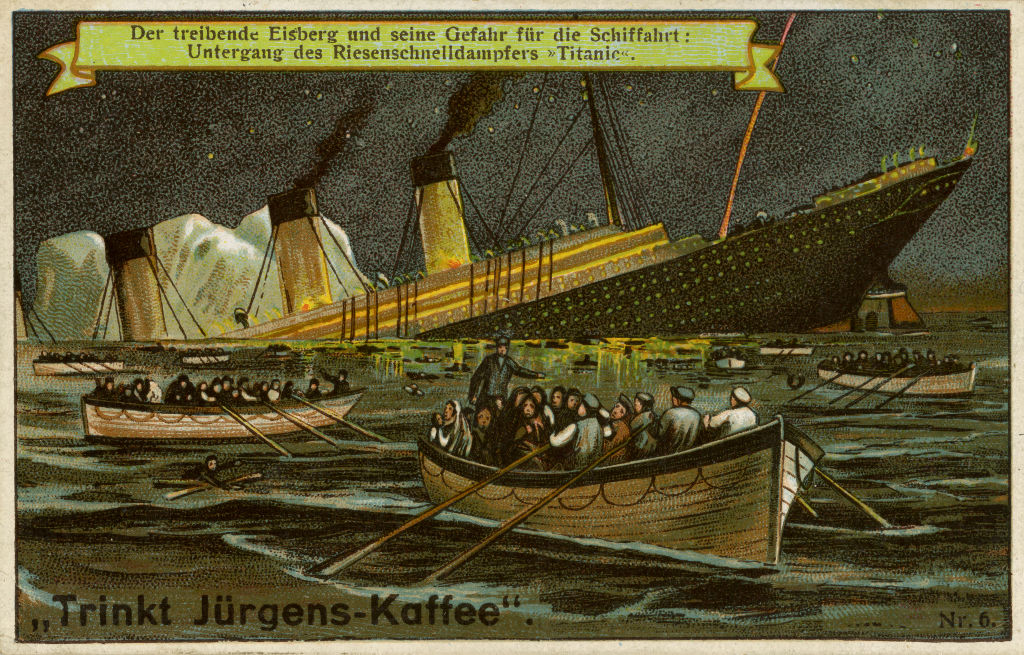I just came across a Los Angeles Times headline: “The electric automobile will quickly and easily take precedence over all other kinds of motor carriages, as soon as an effective battery of light weight is discovered.” The Times must be on to something, since the Washington Post ran a similar headline just a bit later: “Prices on electric cars will continue to drop until they are within the reach of the average family.”
Before you head out to get your cheap EV, let me quickly add the date of these news pieces. The first one was from 1901 and the second one from 1915. For over 120 years the world has been waiting for battery vehicles to condemn the internal combustion engine (ICE) to the dust heap of history, but it seems that the arrival of Godot is more likely than the disappearance of the ICE.
One could describe the global energy transition in one sentence: “Transitioning away from fossil fuels may be unavoidable, but it’s certainly not happening quickly.”
Actually, even the idea of it being unavoidable is not set in stone. Human ingenuity has consistently allowed us to harness available energy sources, resulting in energy “additions” (continuing to use existing sources while introducing new ones like renewables) rather than full “transitions” (completely replacing older energy sources with new ones). A notable example of a true transition could be the shift from coal to gas and nuclear power.
This reality is starkly evident in the electric vehicle (EV) industry, which was once heralded as the definitive end for the internal combustion engine. German luxury carmaker Porsche has tempered its aggressive EV sales ambitions, now acknowledging that “the transition to electric vehicles will take longer than we assumed.” Porsche’s original target of achieving 80 per cent of sales through battery-only cars by 2030 has been deemed unrealistic. Similarly, Mercedes-Benz has experienced a significant “25 per cent drop-off in sales of fully electric cars.”
This cautious retreat from electric vehicles isn’t confined to Germany. In the U.S., General Motors has postponed plans for new EV models and delayed the opening of a new EV truck plant. Similarly, Ford Motor Company has scrapped plans for a factory dedicated to electric SUVs in favour of one focused on combustion engine pickup trucks.
The financial rationale is clear. According to calculations by Robert Bryce, Ford “sold 23,957 EVs during the quarter, but lost $1.14bn in the process. Thus, Ford lost $47,585 for each EV it sold.” Consumer data from the United States shows that EVs are a niche product often driven by ideological, not economic considerations: “We find a strong and enduring correlation between political ideology and US EV adoption […] From 2012 to 2022, half of all EVs went to the 10 per cent most Democratic counties, and about one-third went to the top 5 per cent.”
No wonder that under these conditions car makers are taking a second look at gasoline vehicles, since the mass adoption of EVs is simply not happening, making adjustments in production necessary.
Even liberal Canada is scaling back: “Belgium-based Umicore announced last week that it is delaying construction of its $2.8bn EV battery materials manufacturing plant near Kingston.”
The stark contrast between past predictions and current reality is sobering. A decade ago, experts claimed that by 2025, gasoline engine cars would be uncompetitive against electric vehicles. However, the latest sales figures from Western carmakers paint a different picture. American and European EVs are struggling to compete with their Chinese counterparts, largely because Beijing has made substantial efforts to dominate the global EV market, building on their prior successes in wind and solar sectors.
However, even the Chinese may face hurdles selling their EVs due to shifting consumer preferences. Gallup reports that “44 per cent of adults in the U.S. say they are either seriously considering or might consider buying an EV in the future,” a decrease from 55 per cent in 2023. Meanwhile, the percentage of people who are not considering an EV has grown from 41 per cent to 48 per cent.
Despite government initiatives and often substantial subsidies or financial incentives, the EV mania is not catching on with the broader public. As subsidies are slashed and tariffs are imposed on Chinese models, a significant shift in consumer behaviour appears unlikely anytime soon.
This doesn’t spell the end for electric vehicles, though. Much like any other innovation within the energy sector, EVs will become an addition to, rather than a replacement for, internal combustion engine cars.






Threatened with death, Trump roars out, ‘Fight, fight’